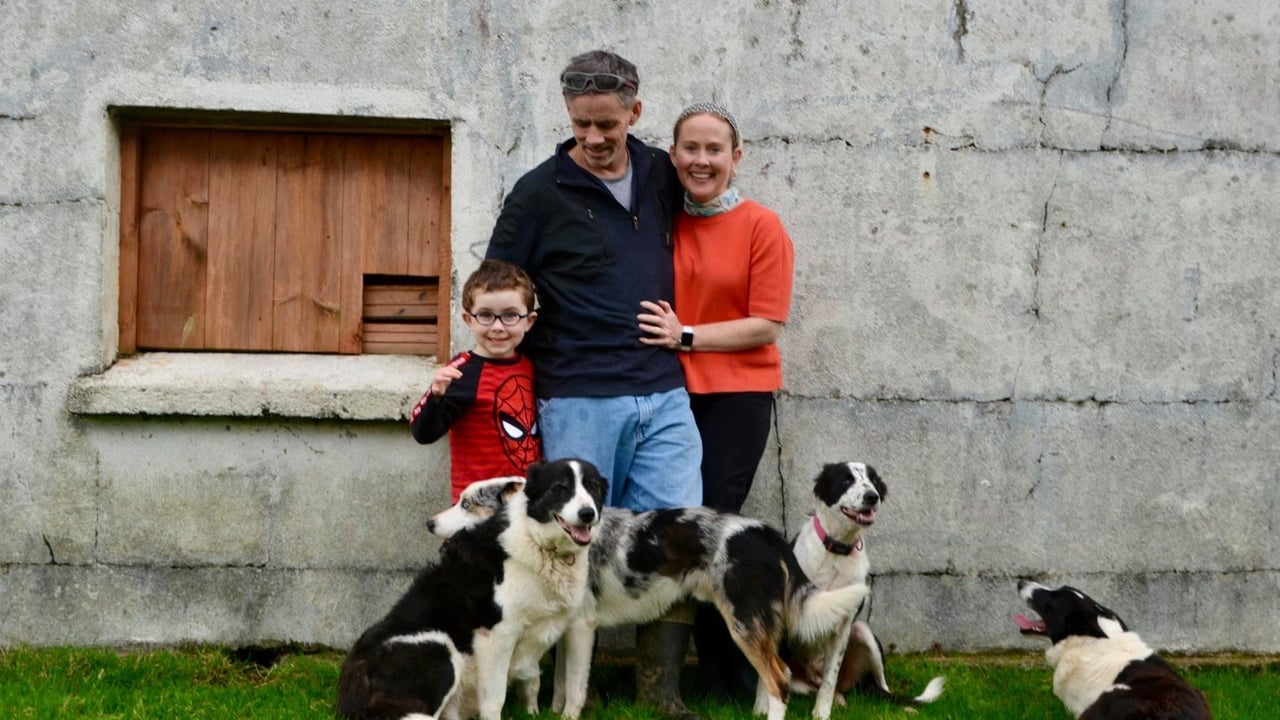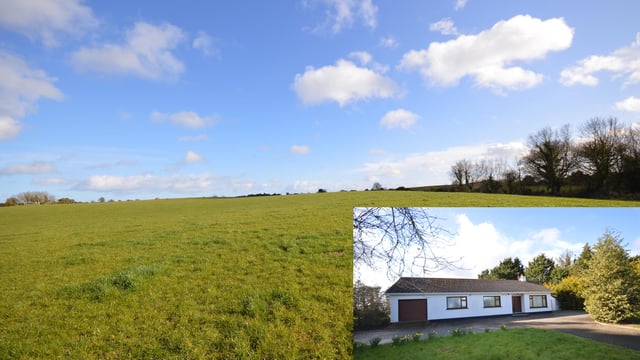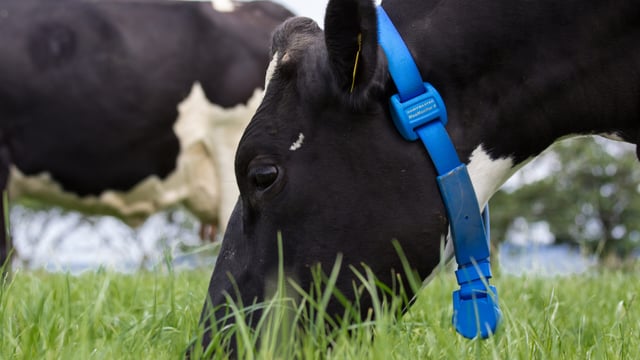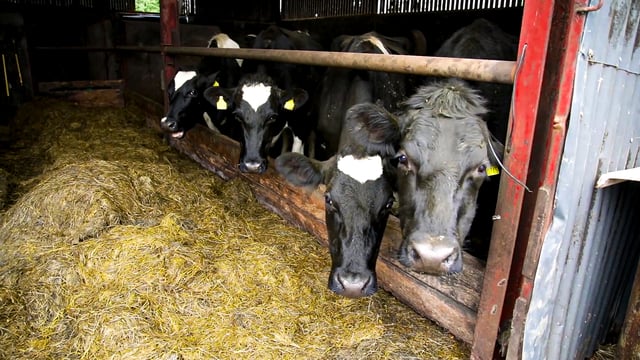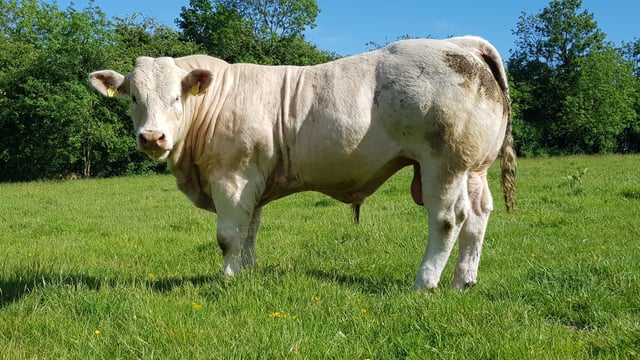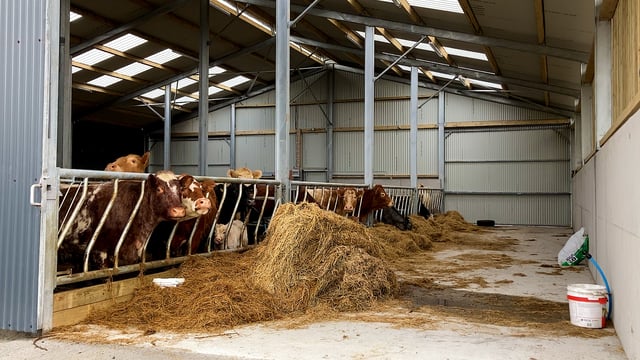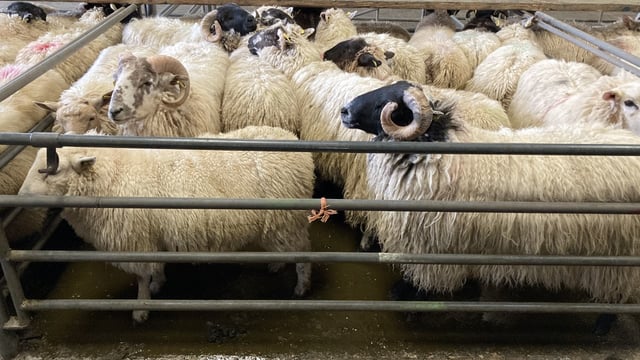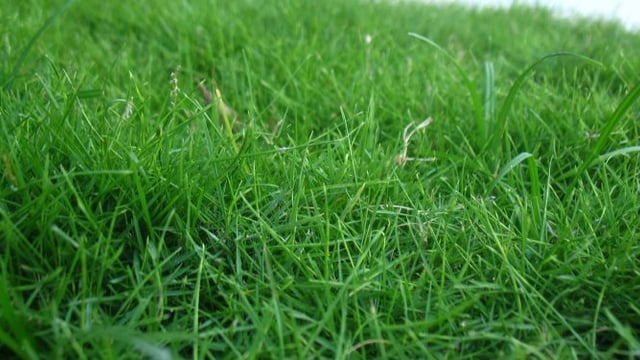Agri-tourism 'rewarding' says couple eyeing Asian expansion
The couple behind Mayo's Glen Keen sheep farm which consists of a commonage footprint of over 5,500ac, said they have found agri-tourism to be a really rewarding business and are now eyeing expansion in Asia.
Catherine and Jim Power of Glen Keen Farm, one of Ireland's largest privately owned farms, offer a slew of agri tourism initiatives.
These include: sheep herding demonstrations; Irish music and dance sessions; traditional turf cutting; a pre-famine walking tour; wool spinning and cooking experiences as well as a farm cottage stay.
Glen Keen farm is located between Louisburgh, Co.Mayo, and Leenane, Co.Galway, at the gateway to the Connemara region.
Commonage
"Our commonage is made up of different shareholdings, similar to a share in a company," said Catherine.
"I am very fortunate because my dad, Peter, and his brothers owned and purchased quite a number of shares in this expansive commonage so we now have a substantial number of shares. The commonage comprises different townlands," she said.
"A lot of the commonage is designated by the European Union as a Special Area of Conservation [SAC] for its ecological importance, heritage and natural beauty. Our property is also part of the pearl mussel catchment area, a protected habitat."
The couple returned from the US to take over the farm in 1999 at the request of Catherine's uncle, who was retiring.
"Jim is a pilot and I was working for PR giant Porter Novelli, in Washington DC at the time so it was a big lifestyle change.
"However, Jim continued to work between the US and Glen Keen as the farm needed a lot of investment. I am very lucky to have been chosen to take over this beautiful place. It is not only a farm but it is a rich testament to time and tradition," said Catherine.
"Glen Keen was once home to over 40 families, including my ancestors, prior to 1847. We are deeply rooted here. My ancestors, the O'Malleys, moved to Glen Keen in the 1600s as tenant farmers when we were under British rule.
"Their descendants, like many others, were evicted in 1847. My grandmother, Margaret O'Grady, and her husband, Hugh, purchased Glen Keen in 1922 under a land purchase agreement and we have remained here since," said Catherine.
Constantly Researching
The breeds of sheep at Glen Keen include: Scotch mountain breeding ewes; Scotch mountain breeding rams; Texel rams; and Cheviot breeding rams.
"We are constantly researching more viable methods and increased profit opportunities for the working farm which consists of 600 sheep.
"In 2015 we introduced Texel breeding rams into the flock to produce a more profitable hilltex lamb [mountain ewe and Texel ram].
"We selected 90 Blackface ewes to breed with two Texel rams as a trial on the farm. With a 90% success rate and a higher number of couples produced, this practice proved a huge success.
"Initially we were concerned about the lambing process in terms of care and observation of a Blackface ewe producing a larger hilltex but the mix has proved to be an excellent match with ease of lambing. No extra measures were needed. It is exactly the same process as lambing a Blackface lamb as a Hilltex.
"We are absolutely delighted with this easy solution that has resulted in increased profits for the farm. In 2017 we added two pedigree Texel ram lambs to the Texel ram stock," she said.
"The Texel ram introduction has provided the farm with a very positive outlook and it is an area that we intend to further develop. It is a win-win with minimal investment and great rewards," Catherine added.
"All of the Hilltex progeny are sold at market, and all female progeny from the mountain ewes mated with Blackface Rams are kept as replacements and all males are sold bar 30 lambs that are kept for the tour lunches which promote the farm-to- fork concept."
Biodiversity
Catherine and Jim are heavily committed to biodiversity and have invested in creating a number of biodiversity corridors along their farm where they plant native woodland trees.
"We have also promoted and co-hosted Spark Change Challenge in 2019 where we held a number of biodiversity workshops on our farm," Catherine said.
"These events were co-ordinated and managed by environmental scientist Connie O'Malley who has given so generously of her time for many events, promoting biodiversity and protection of our waterways. We are also looking at regenerative farming.
Their venture into agri-tourism began in 2004. "After a couple of years into the farm and a lot of investment in upgrading outdoor buildings, fencing and equipment, we started to analyse the viability of the farm.
Agri-tourism
"It wasn't sustainable as a standalone income so we started to investigate possible routes of diversity - what would work in harmony with our beautiful farm and generate an income," Catherine continued.
Having grown up in such a beautiful place, there were always tourists stopping taking photos or just to engage with us. Some visitors became friends, coming back every year.
"Jim and I began a long journey of planning and raising the capital to build an agri-tourism facility," Catherine said.
"We are extremely grateful to South West Mayo Development Company which provided grant support towards the construction of our state-of-the-art tourism facility, designed by John Lambe, Westport, and built by local contractor, Seamus O'Toole, Louisburgh.
"We are also very grateful to Mayo County Council for its pre-planning clinics and advice, also Westport Tourism Organisation and the Local Enterprise Office, Mayo, for tremendous support."
In 2020, the South West Mayo Development Company also gave grant support for the installation of two pedestrian footbridges at Glen Keen Farm which will enhance a loop walk and an additional sheep herding demonstration area.
Traditional Events
"We created a range of visitor experiences based on traditional events and activities on the farm. We package, promote and sell our visitor experiences to a global audience at national and international trade shows," said Catherine.
"We operate on a seasonal basis for coach tours and private guest visits.
"The Glen Keen visitor attraction facility includes a 98-seater indoor space, commercial kitchen and on-site shopping experience where we provide a platform for local crafters and producers to sell their produce.
"We were very fortunate to receive a re-start grant from Mayo County Council and a trading online voucher from the Mayo Local Enterprise Office where we applied both to an e-commerce shop and online marketing.
"This has been extremely helpful during the Covid-19 pandemic where our visiting trade ceased. However, the grant support allowed us to pivot to an online business which is doing exceptionally well," said Catherine.
"We are maintaining our customer base through our social media platforms and customised video creation for our tour operator customers.
"We are also focusing on the Asian markets, starting with mainland China, where we have been working since 2017 and participated in a number of trade mission trips across China.
"Thankfully, Failte Ireland has facilitated a number of supports and virtual trade events where we can connect and meet with new tour operators.
"The outlook for tourism for our business is very positive with a high volume of bookings coming in for 2022. We have a number of international bookings for later this year too," Catherine said.
"This is a very exciting time for us and a wonderful opportunity for this region."
Agri-tourism
For farmers thinking of getting into agri-tourism, Catherine recommends talking to existing agri-tourism businesses to gain ideas and information.
"Research is extremely important. What markets are you targeting? Is it international coaches, family/Irish market, school tours etc?
"The agri tourism offering needs to be authentic and genuine. Most people will forget most of what you say but they will never forget how you made them feel. Customer service is key.
"Don't be afraid to change your business model. We made costly mistakes in the early years here but we weren't afraid to change our model to make it viable and profitable. Take time too for yourself and your family."
More information is on glenkeenfarm.com

